On May 11, two committees of the European Parliament (EP) conducted a decisive vote on the Artificial Intelligence (AI) Governance Bill, marking a new step in the process of passing official legislation governing artificial intelligence tools such as ChatGPT.
The AI Act being sought in the European Union (EU) would become the first comprehensive law governing the technology, with regulations around the use of facial recognition, biometric checks and other AI applications.
After two years of discussion, the bill is now moving to the next stage of consideration, where European parliamentarians will finalise the details together with the European Commission (EC) and member states.
Specifically, in a vote on May 11, the EP's committees in charge of consumer protection and civil liberties approved a draft text affirming the view that it is necessary to control the use of AI in the European Union (EU) while promoting innovation in this field.
Next month, the draft text will be submitted to the entire parliament for approval before being sent to EU member states for consideration and finalization.
The document includes the main points of the EC's proposal from two years ago, adding provisions to ban the use of facial recognition technology in public places, tools that use algorithms to predict criminal behavior, and new transparency measures for generative AI applications like OpenAI's ChatGPT.
These apps must send a notice notifying users that the products of these tools are created by machines, not humans.
The document also includes a section requiring additional criteria to identify high-risk areas for AI applications, thereby limiting the scope of tool design.
AI tools will be classified according to the level of risk they pose, from low to unacceptable. Governments and companies using these tools will be subject to different obligations depending on the level of risk.
While the EC’s proposed list already includes AI use cases in critical infrastructure management, education, human resources, public order and immigration, EP MEPs also want to add thresholds that delineate threats to security, health and fundamental rights.
Speaking before the vote of the two parliamentary committees, Dragos Tudorache, the MP in charge of drafting the laws, said that society is expecting legislative bodies to take decisive action on AI and the impact of this technology on people's lives.
Over the past 2-3 months, AI has become a hot topic, showing the importance of this technology to society.
MEP Kim van Sparrentak said the vote was a milestone in AI governance and a clear signal from the EP on the principle of respecting fundamental rights, whereby AI must serve people, society and the environment.
According to VNA/Vietnam+
Source link










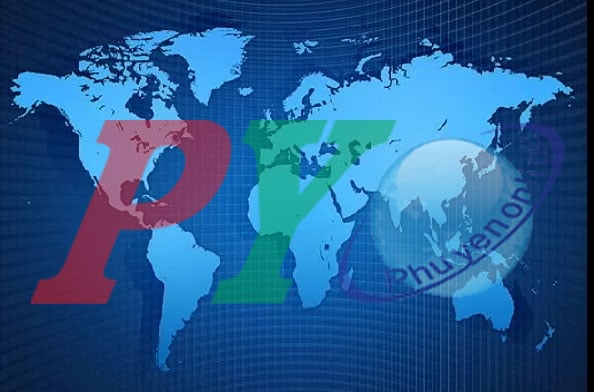

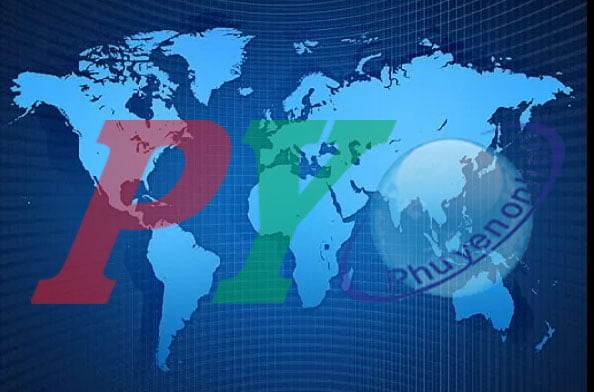
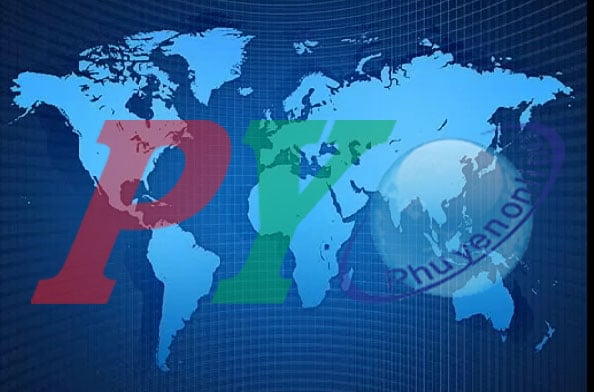
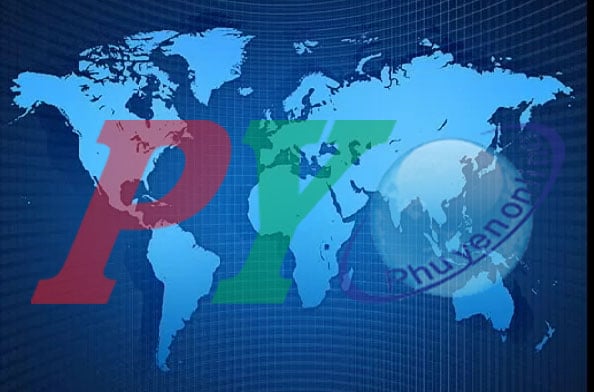



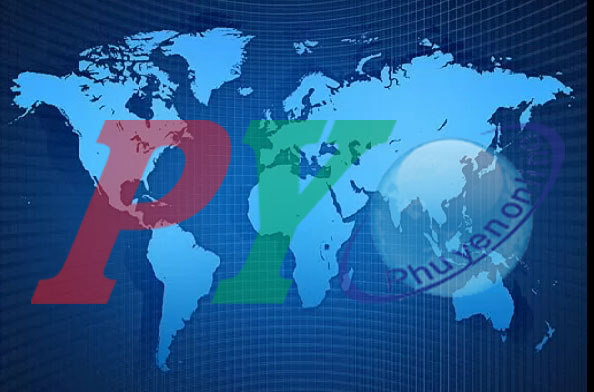














Comment (0)